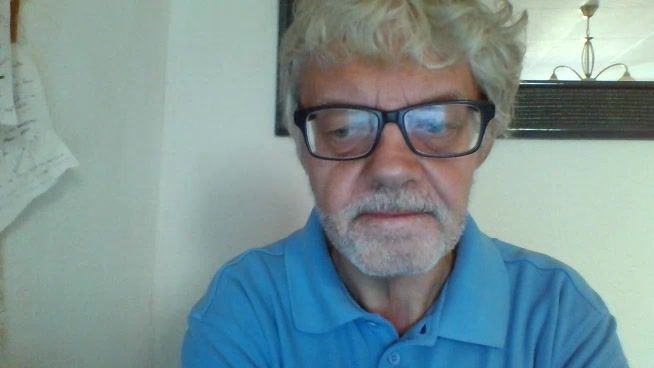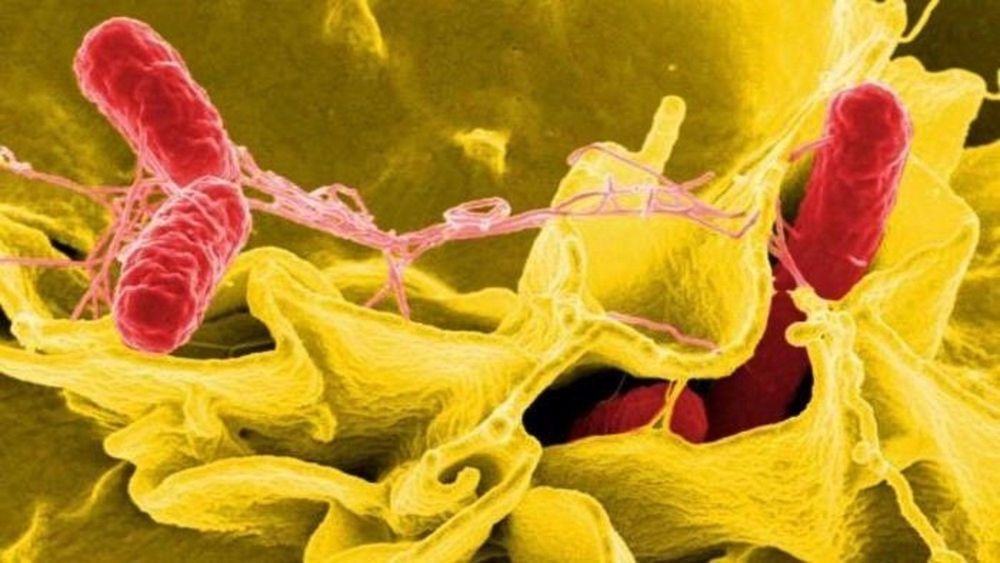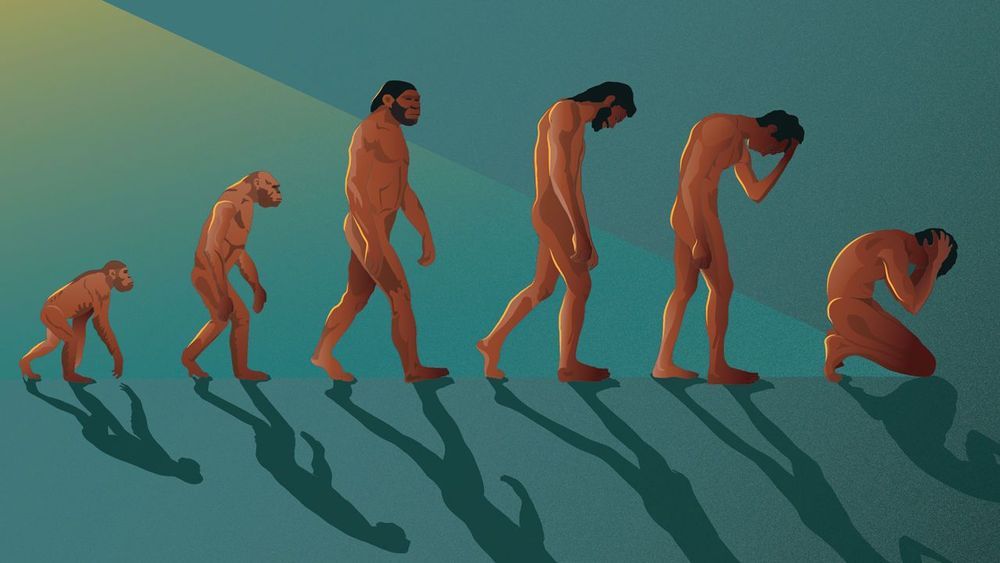What is 4D printing technology?
Get the latest international news and world events from around the world.


The next trick for CRISPR is gene-editing pain away
The street performer was only 10 years old. He put knives through his arms and walked on hot embers. By 14 he was dead. Someone dared him to jump from a roof. He did it, knowing it wouldn’t hurt.
The case of the Pakistani boy with a rare genetic disorder was described in 2006. He could feel warmth and cold and the texture of objects. But he never felt pain.
Now scientists have paired the discovery with the gene-editing tool CRISPR, in what they say is a step toward a gene therapy that could block severe pain caused by diabetes, cancer, or car accidents without the addictive effects of opioids.



Drug-Resistant Salmonella Linked to Overuse of Antibiotics in Cattle Farming
The Centers for Disease Control and Prevention (CDC) warned Thursday of a drug-resistant strain of salmonella newport linked to the overuse of antibiotics in cattle farming.

Metagame: A Proposal for Collaborative Construction of a Sacred Science
The following is a white paper on the Metagame concept and meme. Metagame means “above” or “beyond” the game. The core idea of the Metagame is that voluntary participation in life itself constitutes a Divine Game with rules, purpose, and feedback. The Game asserts the existence of a Divine Science at the original root of the philosophical and religious tradition and at the root of coordinative social self organization. The Metagame is a shared learning community of people who are involved in research or creative projects that deal with these areas. Such areas are important to the health of the social fabric. Herein, we propose two phases and explore several areas of research that may be relevant to the Game.
Introduction:
“According to our social science, we can be or become wise in all matters of secondary importance, but we have to be resigned to utter ignorance in the most important respect: we cannot have any knowledge regarding the ultimate principles of our choices, i.e., regarding their soundness or unsoundness; our ultimate principles have no other support than our arbitrary and hence blind preferences. We are then in the position of beings who are sane and sober when engaged in trivial business and who gamble like madmen when confronted with serious issues — retail sanity and wholesale madness.” — Leo Strauss, Natural Right and History (1953)

Have humans developed natural defenses against suicide?
While co-organizing a symposium a few years ago, a distinguished evolutionary psychologist named Nicholas Humphrey sought an expert to explore a mystery dating back to the time of Charles Darwin. “Natural selection will never produce in a being anything injurious to itself,” Darwin wrote in On the Origin of Species.
But in humans, natural selection apparently did exactly that. Suicide is the leading cause of violent death, striking down about 800,000 people worldwide each year—more than all wars and murders combined, according to the World Health Organization.
Humphrey, an emeritus professor at the London School of Economics, knew that a handful of evolutionary thinkers had offered ways to resolve this paradox. But he couldn’t find an explanation he thought fit most instances of suicide. So he decided to explore the topic and give the presentation himself.

Why superintelligence is a threat that should be taken seriously
Circa 2017
In a recent article for Skeptic, Michael Shermer (the magazine’s founding publisher) put forth an argument for “why AI is not an existential threat,” where “AI” stands for “artificial intelligence” and an “existential threat” is anything that could cause human extinction or the irreversible decline of civilization.

Do Doors to Interdimensional Travel Exist?
Idk how I found this o.o
Last year we looked at multiverse theory and the highly speculative — but very real — science behind what has become a pop culture phenomenon. It isn’t just “Stranger Things” anymore. Interdimensional travel, and the portals that might allow it, are everywhere these days.
So, how to open a portal to another dimension?
On one level, it turns out to be easier than you might think. Simply open your browser and search for “interdimensional portals” or “multiverse portals,” or whatever similar phrase comes to mind. The search results alone will take you to some seriously strange places.